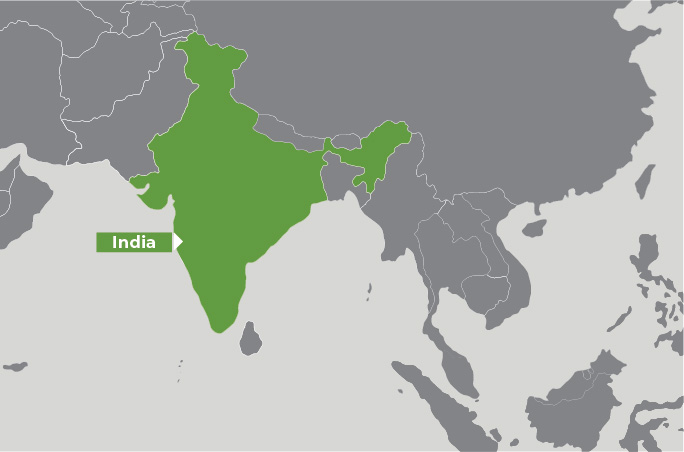Overview
This project aimed to understand key impediments to effective policy development and lay a foundation for building capacity in the policy-research interface for agricultural and rural economic transformation in South Asia, taking climate adaptation for inclusive development as the motivating goal.
COVID-19 has exposed systemic flaws around the world, highlighting the need for effective collective action mechanisms to generate and safeguard public goods and facilitate a more inclusive recovery. Rising global economic, geo-political and climate-related uncertainties pose a significant challenge to a coordinated global response. Countries in South Asia, which outperformed other developing regions in the pre COVID-19 era, are now facing unprecedented impacts of an abrupt economic slowdown, creating mayhem among the most vulnerable, and the youth, whose prospects for an improved quality of life, are in jeopardy.
There is greater recognition of the need to realign development focus to address inequities in economic, social, and environmental well-being across communities and generations. It follows that there is an urgent need to reassure the global youth that their views are embodied in decisions that impact their futures. This relates closely to designing policies for adapting to climate change due to its broad implications and longer time horizons for both planning and impact. Hence addressing barriers to effective policy development for inclusive growth has become a priority, especially in regions where significant capacity constraints impede progress towards streamlining climate adaptation within broader policy development.
Project activities and expected outcomes
- Developed a position paper to analyse and assess the prevailing development context and identify policy-research capacity development needs for South Asia.
- Conducted a regional workshop, targeting skills and capability building of a group of middle-level professionals in development practice, aiming to enhance mediating and influencing skills through policy analysis, design, and impact communication.
- Assembled course material, papers developed, and lessons learnt during activity planning and workshop deliberations as a published resource book.





